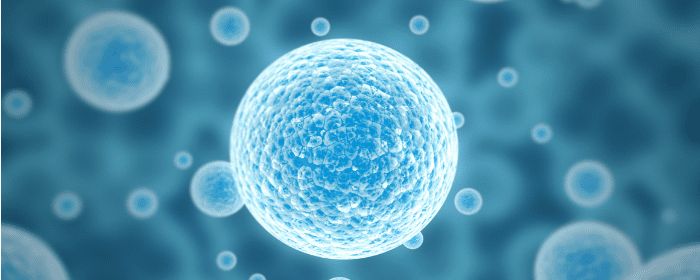Autoimmune diseases occur as a result of the body’s natural immune system mistakenly attacking and damaging healthy, normal cells and tissue. Currently, an estimated 60 different autoimmune diseases affect between 5 and 8 percent of the U.S. population[1]; making it one of the largest disease burdens faced today.
Divided into two distinct categories, autoimmune diseases are typically classified as organ-specific or systemic autoimmune diseases. Systemic autoimmune diseases include systemic lupus erythematosus (SLE), rheumatoid arthritis, systemic sclerosis, and polymyositis; organ-specific autoimmune diseases include Hashimoto thyroiditis, Graves disease, type 1 insulin-dependent diabetes, and pernicious anemia.
Currently, most cases of autoimmune disease are treated with corticosteroids, cyclophosphamide, azathioprine, and/or methotrexate. While all of these medications have been demonstrated to be effective in treating autoimmune disease in some capacity, improvement is not universal; these medications have also been associated with known toxicities.
As research continues to explore the immune system and various autoimmune disorders, it appears that adult stem cells offer promise for effective, non-pharmacological treatment of autoimmune disease.
The author of this review points out that while many animal studies exploring the potential benefits of autologous and allogeneic hematopoietic stem cells (HSCT) exist, the danger associated with allogeneic bone marrow transplants has limited studying these transplants to only those subjects with severe autoimmune disorders that are not responding to other, more proven treatments.
The review also focuses on the treatment of autoimmune disease with mesenchymal stem cells (MSCs). Specifically, the author points to several in vitro studies demonstrating the immunomodulatory properties of MSCs as well as their immunosuppressive effects on MHC-mismatched lymphocyte proliferation. This form of MSC transplantation produces relatively short effects but has proven to be profoundly different from HSCT. Specifically, this procedure does not require the patient to be immunosuppressed in advance of transplantation and produces a therapeutic effect in the affected organ as a result of the homing of MSCs. Studies have demonstrated that MSC transplant has reversed multiorgan dysfunction in SLE mice and humans while also demonstrating stable 12 – 18-month disease remission. As a result, further clinical trials exploring autologous bone marrow MSC (BM-MSC) are currently ongoing.
With the difficulty and risk associated with BM-MSC transplantation, the author points out that since adipose tissue is readily available and easily obtainable, adipose tissue-derived MSC (AT-MSC) are being explored for their potential as a regenerative treatment and wound healing option. Early studies have demonstrated AT-MSC to have immunosuppressive properties that reduce experimental autoimmune encephalomyelitis (EAE), decrease spinal cord inflammation, and significantly ameliorate the severity of colitis and arthritis. In fact, there is convincing evidence indicating that AT-MSC transplant produces therapeutic results comparable to MSCs derived from bone marrow.
At the same time, gene therapy research exploring the use of stem cells as a vehicle in autoimmune disease demonstrated delivery of brain-derived neurotrophic factor (BDNF) genes in an animal model of multiple sclerosis using bone marrow stem cells and human insulin gene transfected BM-MSC therapy in murine type 1 insulin-dependent diabetes has demonstrated positive results, including decreased blood glucose level, improved secretion of human insulin in serum and liver, and delayed onset and clinical severity of EAE.
As research continues to explore the benefits of adult stem cell therapy for the treatment of autoimmune disease, and with genetic therapy showing promising treatment options, researchers are optimistic of the benefits provided through a combination of stem cell and gene therapy.
Source: (n.d.). Adult Stem Cell Therapy for Autoimmune Disease – NCBI – NIH. Retrieved from https://www.ncbi.nlm.nih.gov/pmc/articles/PMC4021767/
[1] “Autoimmune Disease – National Stem Cell Foundation.” https://nationalstemcellfoundation.org/glossary/autoimmune-disease/. Accessed 9 Mar. 2021.


 St. Petersburg, Florida
St. Petersburg, Florida
